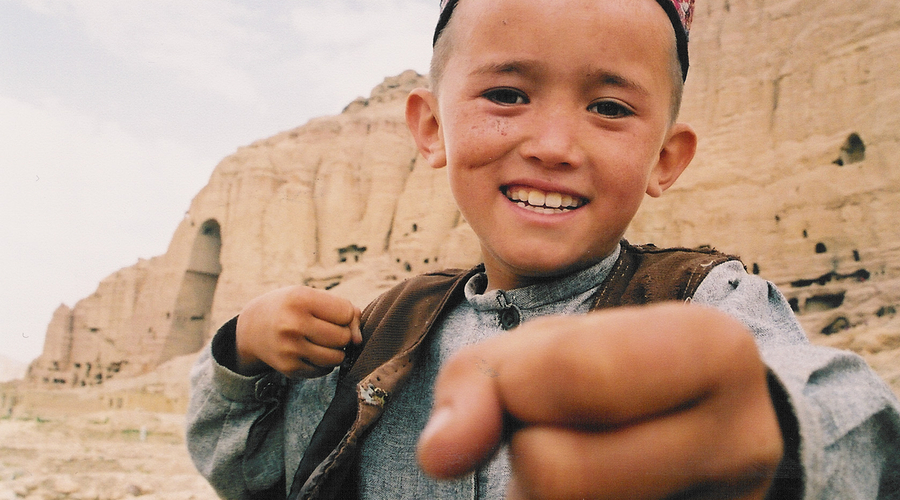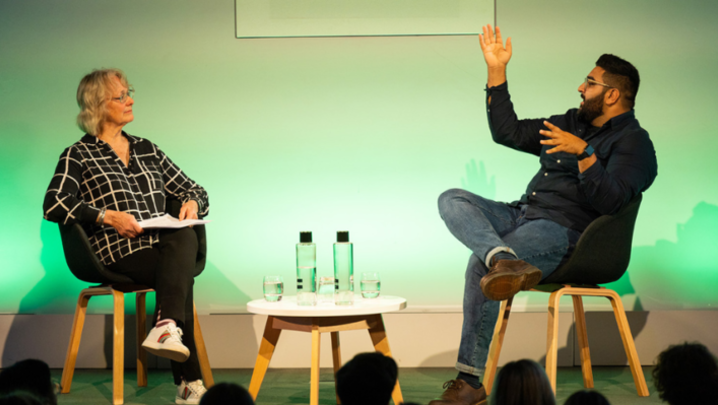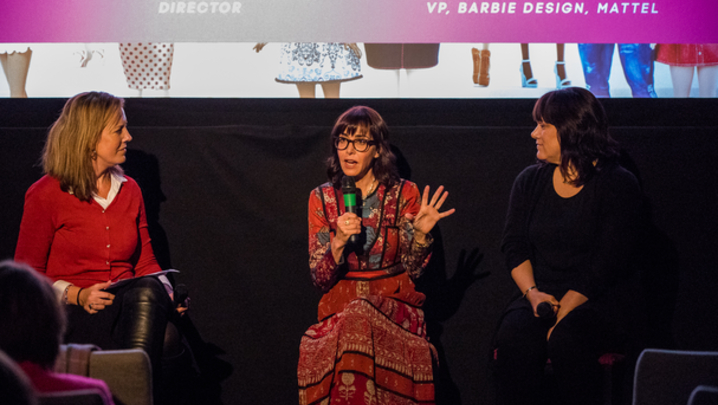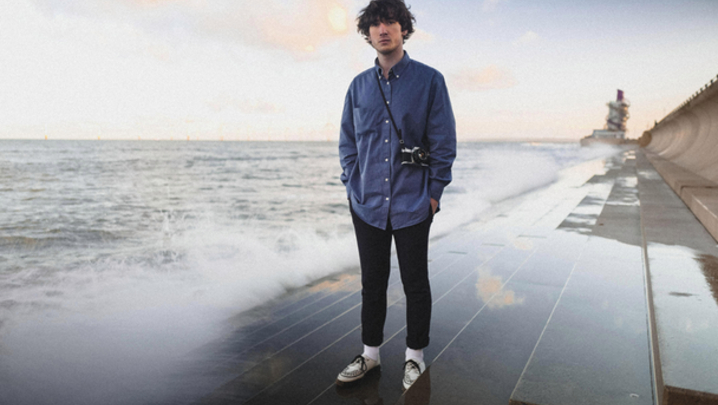Students and staff from three universities were treated to a screening and Q&A with the RTS and Bafta-award-winning director Phil Grabsky last month.
The rapt audience were shown Grabsky’s multiple-award-winning feature documentary My Childhood, My Country: 20 Years in Afghanistan, before being treated to a 90-minute discussion.
My Childhood, My Country won the Documentary prize at the RTS Southern Awards in 2022 and then the Bafta for Best Single Documentary.
The director explained how the film was a follow-up to two previous documentaries following Mir, initially a boy of seven, into his twenties.
Grabsky revealed how he had first travelled to Afghanistan in 2002, armed with a Sony PDP150 camera, and started shooting around the destroyed Buddha statues in Bamiyan. Unsure initially how the local people would react, he found them to be open and accommodating, and soon settled on Mir as the subject for the film.
Shooting in a war zone proved tense and dangerous at times – as well as the threat from within, US helicopter pilots took an interest, too.
In the course of a wide-ranging discussion, the film-maker talked about how – after the second film came out, which covered 10 years of Mir’s life – he was initially unable to find any backers to continue the project. It was only the intervention of a commissioning editor from Germany that persuaded him to carry on filming alongside his Afghan co-director, Shoaib Sharifi.
Grabsky reflected that progress had been made in Afghanistan – symbolised in the film by Mir’s chosen modes of transport, from horse to bicycle to motorbike to car – but the situation always remained perilous.
Mir’s decision to move his wife and children to Kabul in search of work, against a backdrop of suicide bombings and a resurgent Taliban, provides a tense finale to the film.
Discussing the ethical responsibilities of film-makers, Grabsky said: “As soon as you point a camera at someone, you are interfering with their lives.” He revealed that he made payments to contributors and left gifts for the girls at a local school.
When Mir expressed an interest in working in TV, Grabsky’s team introduced him to a Kabul-based news network and Mir became a cameraman. This added a real sense of jeopardy to the production as journalists become targets and Mir only narrowly escapes a bombing.
Grabsky also discussed the other work of his Brighton-based production company, Seventh Art. Its Exhibition on Screen brand makes films that offer a cinematic immersion in fine art and recently released the well-reviewed Mary Cassatt: Painting the Modern Woman.
“My Childhood, My Country: A screening and Q&A with director Phil Grabsky” was held at Solent University, Southampton, on 2 March, and hosted by RTS Southern Secretary Stuart Ray.







